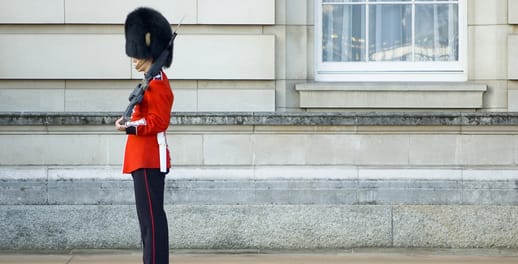Get Focus insights straight to your inbox
Art is a very personal choice that evolves over time. Most art collectors own works of art from a range of artistic talents in a variety of styles, from paintings to photography, sculpture and more. But, where to start?
1. Do your homework
Baylon Sandri, Director of SMAC Gallery, a leading South African contemporary art gallery, shares his thoughts. “To get started, my advice would be to immerse yourself fully in the art world. Read magazines such as ArtAfrica, a highly collectable art magazine, read blogs such as Between 10 and 5 and get local and international exposure at art fairs.
"By educating your mind and training your eye, you will be able to identify great art that will stand the test of time.” He adds, “Start small. Make informed decisions to ensure you don’t outgrow your first purchases.”
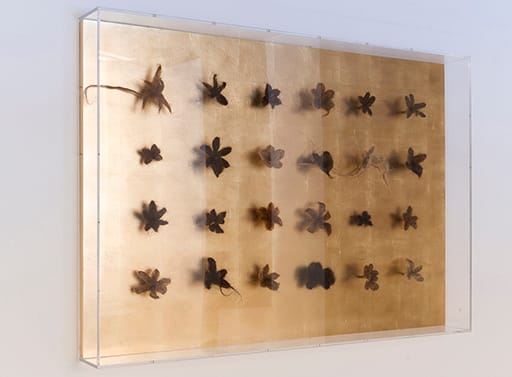
Pierre Vermeulen's Hair Orchid Box 24 Orchids (2017). Source: Smac Gallery
2. Explore art online
“Finding and buying art is no longer as tricky or as intimidating as it used to be,” comments Dr Julie Taylor, director of Guns & Rain, a contemporary fine art gallery. “African contemporary art is increasingly accessible. Thanks to the robust global demand for digital channels, especially among those under 40 years of age, art is moving online in a big way. This has led to a host of new channels to explore and buy fine art.”
The internet is a vibrant and unintimidating space to start learning about art. Artsy is one of the big international sites, but you can also look closer to home, for example Guns & Rain, which was one of Africa's first online galleries.
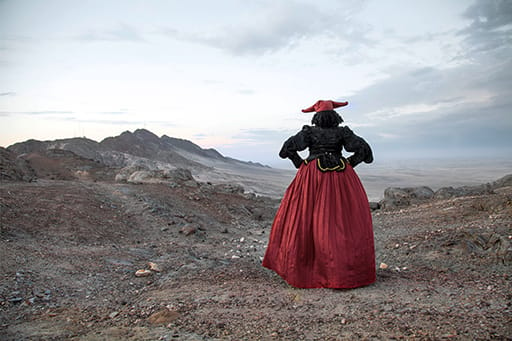
Nicola Brandt's Possession, Uakondjisa Kakuekuee Mbari, Namib Desert (2013). Source: Guns & Rain.
3. Get out there
When you’re ready to venture out for some local real-life viewing, you’ll be pleasantly surprised at how much South Africa’s galleries and auction houses have to offer.
“There is a lot of affordable work to find if you explore the gallery scene, the auction scene and of course fairs like the Investec Cape Town Art Fair and Turbine Art Fair. You should also visit private and public institutions like Zeitz MOCAA and Iziko in Cape Town and the Johannesburg Art Gallery,” Dr Taylor recommends.

You should also visit private and public institutions like Zeitz MOCAA (pictured) and Iziko in Cape Town and the Johannesburg Art Gallery.
4. Support art students
Kalashnikovv is a contemporary fine art gallery and project space dedicated to supporting both emerging and established artists. MJ Turpin, artist and co-director of Kalashnikovv, says a great way to get an art collection started is by buying from fourth-year fine art students’ final honours presentations, emerging artists and artist-run galleries.
“It’s a mutually beneficial relationship - if buyers support up-and-coming artists, galleries can invest back into the artists. As the artist’s profile grows, so does the value of your art.”
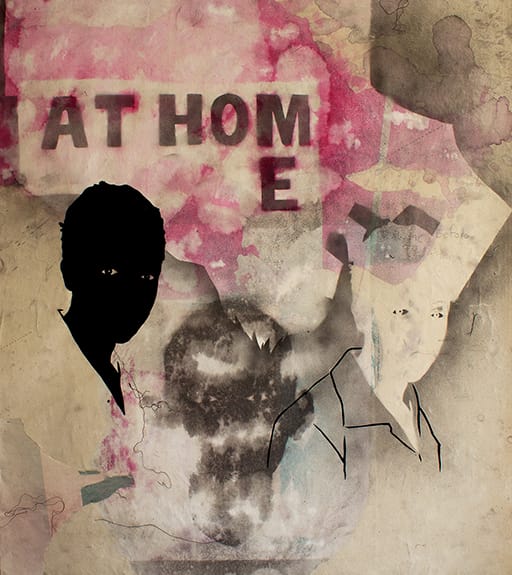
Andrew Kayser's "At Home After Dark". Source: Kalashnikovv
5. Consider prints
Turpin also recommends looking into prints, for example from Artist Proof Studios and 50ty/50ty prints. These limited prints of an artwork are still valuable, but much less expensive than a once-off original, making it more affordable and so more accessible to collectors starting out.
Don't be afraid to ask questions. “A gallery's role is to answer all those questions - no question is a silly question. And if you sense that the gallerist or assistant doesn't take you seriously, then you should ask the same questions elsewhere and find a good match with someone who can give you informed advice,” adds Dr Taylor.
Tips from the experts
Keep certificates of authenticity
When you purchase a work of art, the certificate of authenticity is crucial to prove that the work is indeed authentic. It will come in handy if you ever want to insure, sell or donate the work.
Look out for editions
If there's a particular artist you love, but can't afford, scan galleries and museum stores for editions of their work. Editions are multiples produced by an artist and have a much lower price tag than the originals.
6. Buy for the right reasons
“The South African art world has grown exponentially and is now part of the international art conversation. So, it’s a great time to enter this market and acquire works of art true to this time in the country and Africa,” Sandri says.
But, most experts agree that profit should not be the reason to start an art collection. “The art world is very fluid. Do not start a collection for investment and profit purposes only. If you do, you are bound to be disappointed. If you have a true passion for art, its value (or increase thereof) is merely a by-product,” Sandri continues.
“Do not start a collection for investment only. If you have a true passion for art, its value (or increase thereof) is merely a by-product”
Dr Taylor comments that investing in art is good for diversification, particularly in South Africa. “Most art investments won’t see the extraordinary returns witnessed at Strauss & Co or Christie’s - but it preserves your capital in diversified form. It allows you to invest with a purpose as it can have a positive social and developmental impact for local artists and the arts more broadly.
Read more: How good is art as an investment?
On the downside, art is sometimes difficult to value and, like other asset classes, its performance over time can be unpredictable. Do your homework and take your time to decide.” She adds that if you buy something you love, its investment aspect can operate in parallel.
Read more: Ars longa, vita brevis – but what about the returns?
There’s no true right or wrong way to grow your art collection. Turpin concludes, “Do your research and analysis, but buy what you love.” If you invest in artworks that you love, you will enjoy it for a long time and, for you, it will be priceless.
About the author
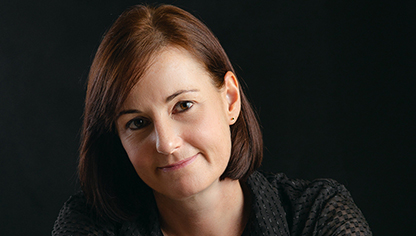
Karen Meyer
Digital content writer
Karen has degrees in BA Communications and Honours in Journalism. She's responsible for writing and editing all the communication for Investec Private Banking. She has extensive experience in corporate communication and has worked in marketing for some of the country’s biggest brands.



